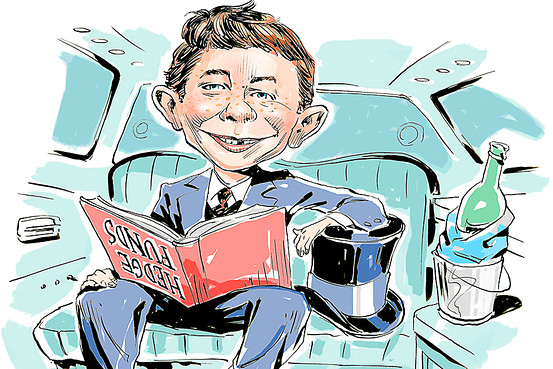I've got a lot of money invested in both of John Hussman's funds (HSGFX and HSTRX). I enjoy reading his weekly commentaries, and like the idea of having some of my money professionally managed.
How in the world can someone - anyone - protect themselves from a Madoff type disaster? Isn't anybody who holds an actively managed fund completely at the mercy of the manager?
I'm not attempting to imply in any way that Hussman is anything but a stand-up, honest individual. I like to think that he is. I hope he is.
Because I couldn't imagine waking up one morning and - not finding out that my fund lost 3% yesterday - but that the shares are all worth zilch because there was massive fraud.
Damn scary.
How in the world can someone - anyone - protect themselves from a Madoff type disaster? Isn't anybody who holds an actively managed fund completely at the mercy of the manager?
I'm not attempting to imply in any way that Hussman is anything but a stand-up, honest individual. I like to think that he is. I hope he is.
Because I couldn't imagine waking up one morning and - not finding out that my fund lost 3% yesterday - but that the shares are all worth zilch because there was massive fraud.
Damn scary.


